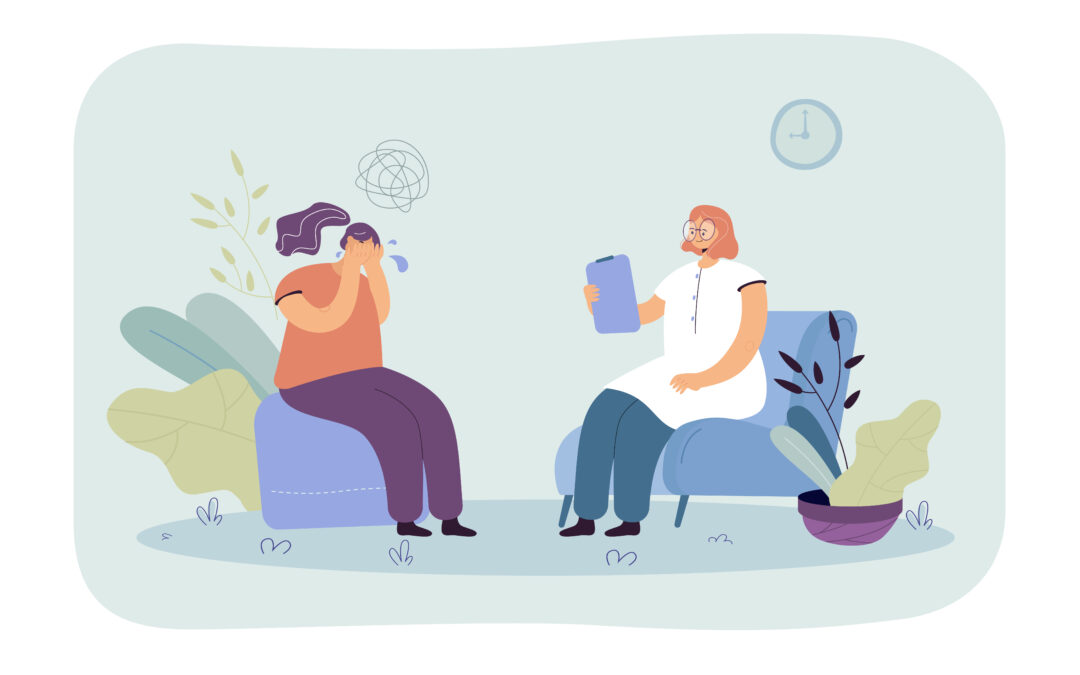We live in a fast-paced world.
Work, family, and social obligations have a way of piling up, and this is to say nothing of the importance of maintaining physical health and carving out time to relax, vacation, or simply take a day off. Amid all the hustle and bustle, mental health often slides by the wayside. However understandable, letting this happen can lead to disastrous consequences that are hard to undo. Depression is real. Anxiety is debilitating. And both, when left unchecked, can spiral and bring everything else down with them. To combat this, it’s essential to prioritize regular check-ins on mental health and practice self-care.
Self-Care: A Vital Component of Mental Health
Self-care is a cornerstone of maintaining good mental health. Attending to this need involves consciously taking time for yourself and periodically addressing your emotional and psychological needs. By incorporating self-care into your daily routine, you can significantly reduce the risk of developing depression and other mental health issues.
Checking In on Mental Health: A How-To Guide
Checking in on mental health is crucial—and not nearly as hard as you may imagine. What follows is a list of questions every adult should make a practice of regularly asking themselves.
- How am I feeling today? Start by acknowledging your emotions. Are you feeling happy, sad, anxious, or somewhere in between?
- Have I been sleeping well? Poor sleep can contribute to feelings of depression and anxiety. Are you getting enough restorative sleep?
- Am I taking time for myself? Evaluate if you’ve been dedicating time to self-care activities. Whether it’s reading a book, going for a walk, or practicing mindfulness, self-care can have a significant impact on your mental health.
- Am I reaching out to others? Isolation can exacerbate mental health issues. Have you been connecting with friends and loved ones?
- Am I seeking professional help if needed? If you’ve been struggling with persistent feelings of depression or anxiety, it’s essential to reach out to a mental health professional for support.
Exploring Treatment Options
Conventional treatment options for mental healthcare include cognitive behavioral therapy (CBT) and anti-depressant or anti-anxiety medication. These don’t work for everyone, however, and when they fail it is important to consider alternatives. One such option is ketamine infusion therapy. Ketamine has shown promising results in the treatment of depression, particularly treatment-resistant depression. Numerous studies attest to the efficacy of this approach, which works by modulating certain neurotransmitters in the brain, leading to rapid and significant improvements in mood.
Ketamine infusion therapy administered in a controlled clinical setting is gaining rapid recognition as a game changer in the field of mental health treatment. Where previously little hope was available for the thousands of people nationwide who do not respond to traditional therapies, a light finally exists at the end of the tunnel.
Checking in on your mental health is an integral part of overall well-being. By practicing self-care, asking important questions about your mental state, and seeking professional help when necessary, you can take proactive steps to maintain good mental health. For those who struggle with conventional treatments, ketamine infusion therapy offers hope and an alternative path toward mental wellness.
Contact Vitalitas Denver
To learn more about how you can regain not just well-being, but authentic joy, do not hesitate to schedule a free consultation at Vitalitas Denver—a ketamine clinic staffed by a qualified and experienced full suite of dedicated medical professionals.


